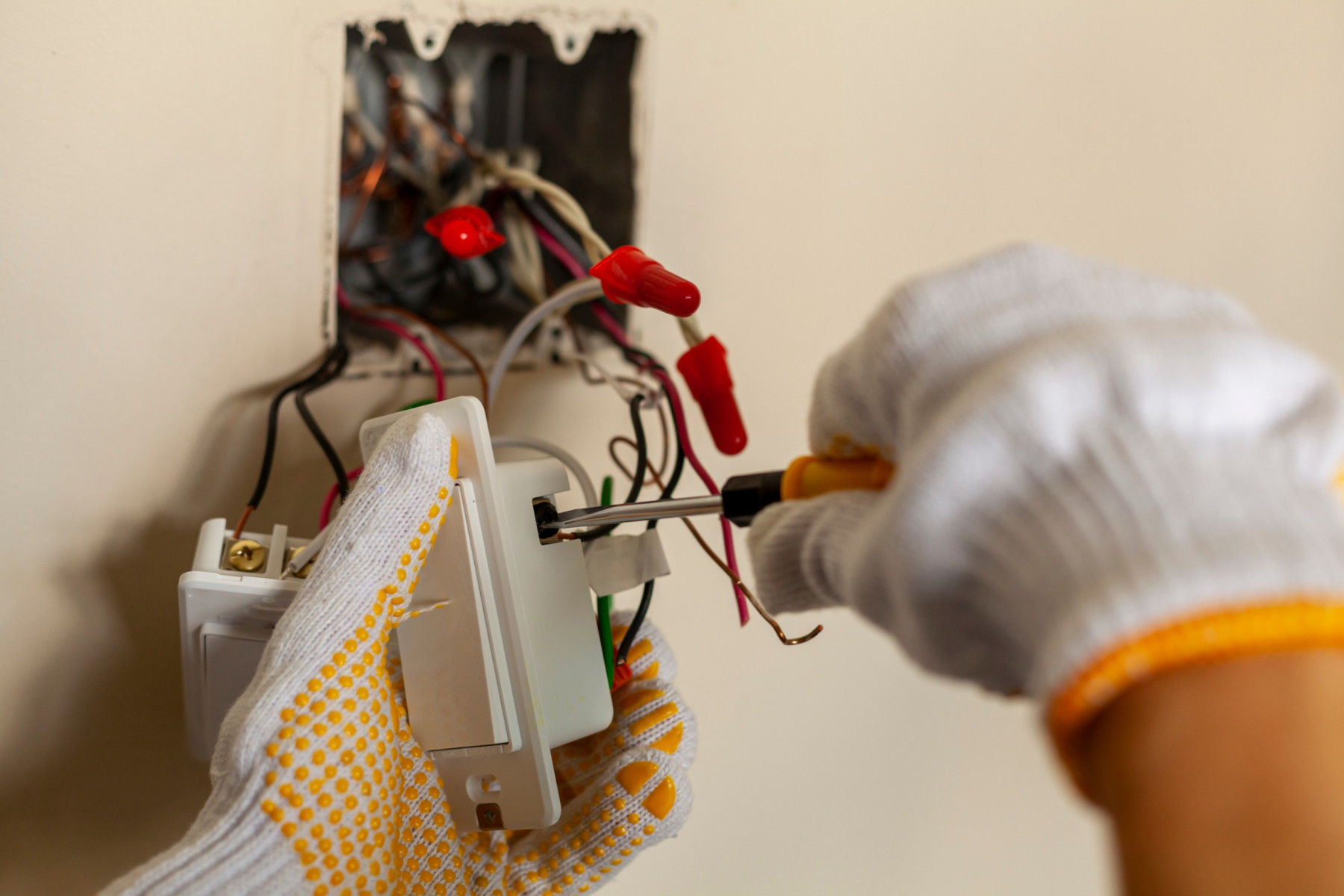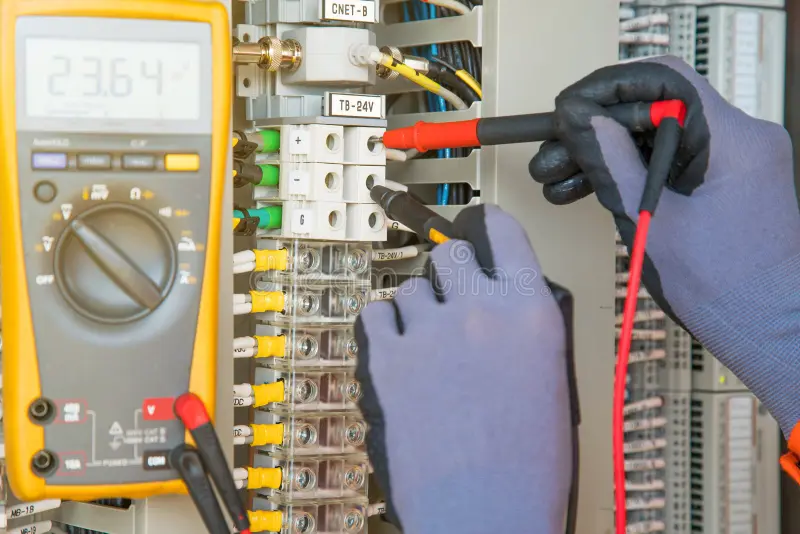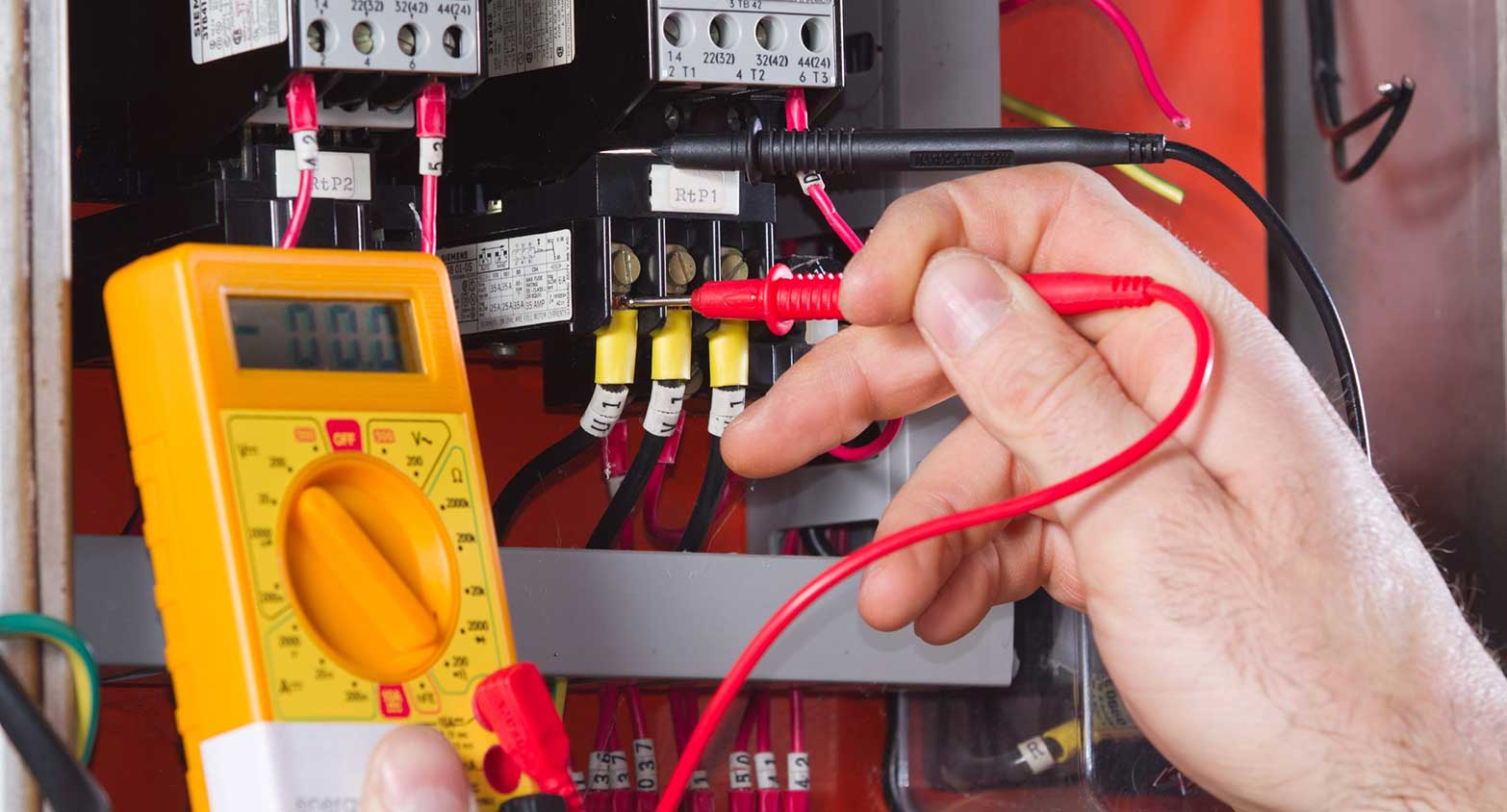
Common Electrical Safety Myths
Over the years you may have seen or heard a few of these common electrical safety myths– wood is a
natural insulator, if a live wire doesn’t spark, it’s fine to touch, and low voltage isn’t something
to worry about. Sadly, none of this is true. Let us clear the air. The following are 7 electrical
safety myths you shouldn’t believe.
1. Household currents aren’t powerful enough to kill
Although we’d like to believe that electricity in our homes would not harm us, this is
unfortunately not true. Electricity in your household is especially dangerous when it comes into
contact with wires. For this reason, GFCI outlets are recommended by many electrical
companies, such as Blessed Electric and Air
2. Myth: It’s only old wiring that goes bad
It is also possible for a new wiring system to go bad very quickly after installation if it is not
installed properly. To prevent early failure of electrical wires, like many other things in the home,
they need to be maintained frequently. Additionally, rodents chewing through wires and circuit
overload can also cause new wiring to fail much sooner.
3. Myth: Gloves and shoes made of rubber insulate
Fact: The only material that insulates is 100% pure rubber. It is most likely that your gloves and
shoes are not 100% rubber – which can conduct electricity.
4. Myth: Whenever a live wire falls, it will spark
Fact: Even if a fallen wire doesn’t spark, it could still be live, so don’t touch it. Live wires that do
not spark could simply be de-energizing and still pose a threat. The electrical charge could still
be present regardless of whether it sparks when it falls, making it potentially fatal.
5. Myth: Wearing more protective equipment makes you safer
Fact: There is a misconception that if you wear enough protective gear, you’re totally safe. If you
want to avoid electrocution, it’s more important to have the right type of gear than several layers
of gear that won’t protect you. You should never handle electricity unless you are prepared and knowledgeable about how to handle electricity, and unless you are wearing the proper personal protective equipment.
6. Myth: Low voltage equals low harm
Fact: OSHA (Occupational Safety and Health Administration) reports that severe shocks often
create more damage than is initially apparent. Electrical threats are ultimately determined by
their current. It is still possible for a low voltage and strong current to cause a great deal of
damage. Electrical systems should never be DIYed and should always be left to the pros.
7. Myth: Wood serves as a natural insulator
Fact: You might have heard that wood is a natural insulator. Unfortunately, this is not true.
Remember that a lot of wood ladders still contain metal! Whenever you’re working with live
wires, it’s best to avoid using wood structures due to their weak conductivity.
If you are experiencing any electrical problems in your homes then visit Blessed Electric today for an expert to come out and help with any service needed!
Recent Posts

Common Electrical Problems in Older Fort Worth Homes
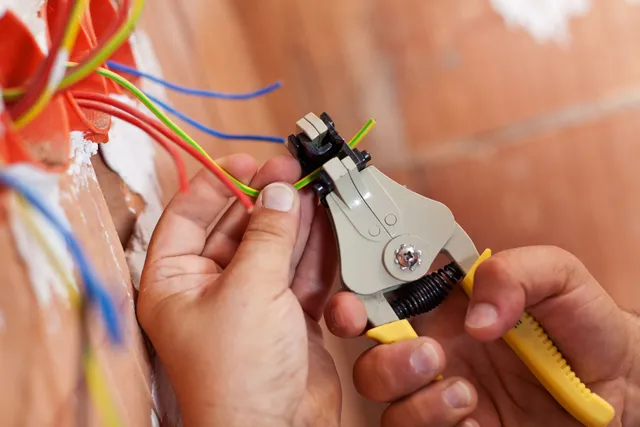
Why a Licensed Electrician is Essential for Home Renovations in Burleson
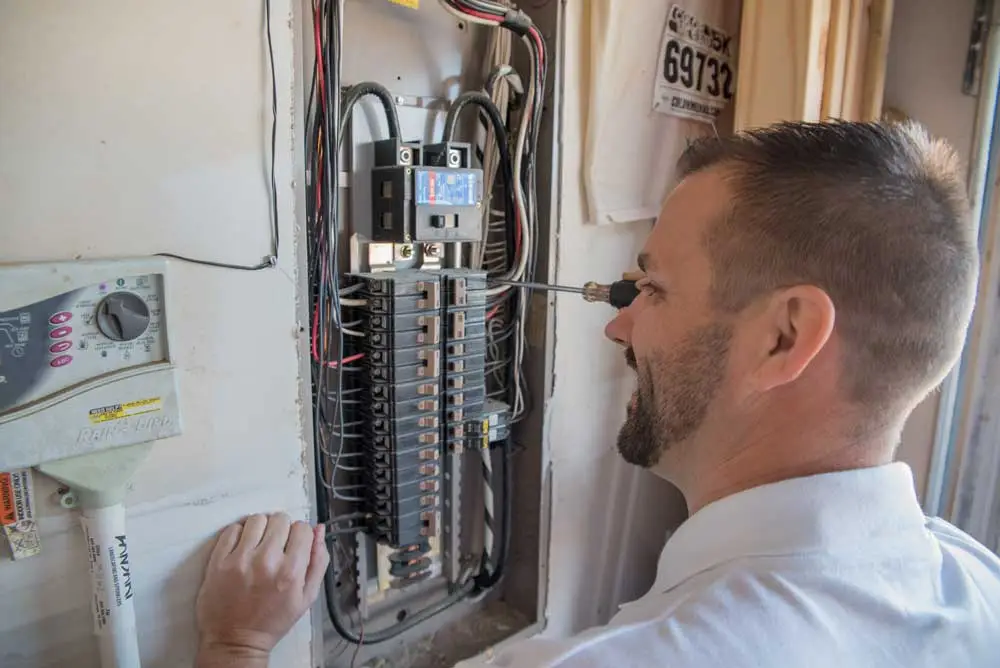
How to Prepare Your Irving Home for an Electrical Inspection
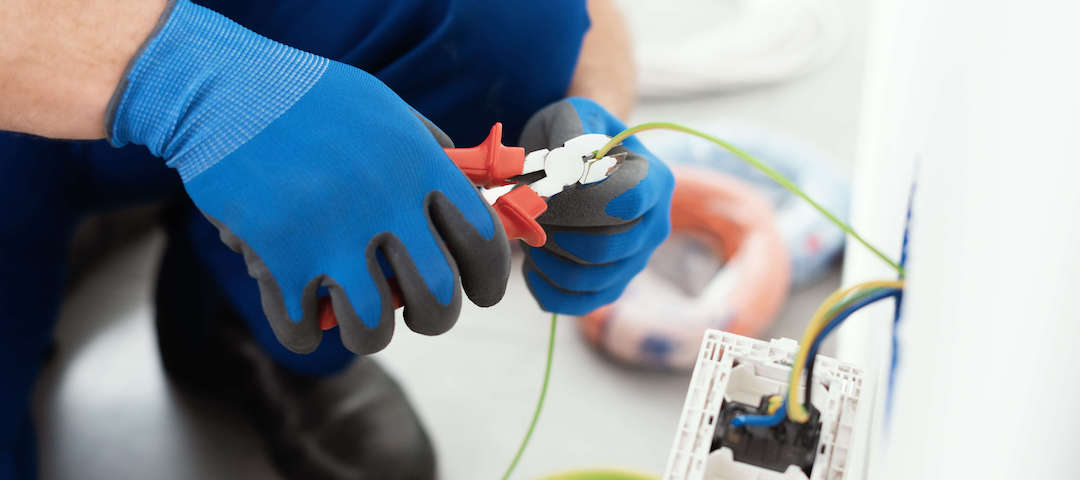
The Importance of Routine Electrical Inspections in Plano
Related Post
January 22 2025
Why Licensed Electricians in Fort Worth Are Vital for Commercial Projects
When it comes to commercial construction and renovation, safety should be given the topmost priority. Usually, the electrical system in a commercial building is much more complicated than in residential properties because it powers extensive lighting, heavy machinery, HVAC systems, and much more. Any mistakes in load distribution, wiring, or installation can lead to power […]
January 21 2025
Why Choose a Licensed Electrician in Arlington TX for Home Repairs?
Every homeowner has that moment of panic. The lights flicker, an outlet sparks, or a strange buzzing sound comes from behind the wall. Most people think, “I can handle this myself,” but here’s a reality check that might just save your home—and your wallet. The Neighborhood Cautionary Tale Walk down any street in Arlington, and […]
January 19 2025
Signs You Need a Licensed Electrician in Carrollton for Troubleshooting
There is no doubt that the electrical system is one of the most complex systems in your house. Though most of us take this system’s functionality and utility for granted, everybody should handle it with utmost care to avoid any problems down the road. In most cases, we ignore the signs that indicate that the […]






